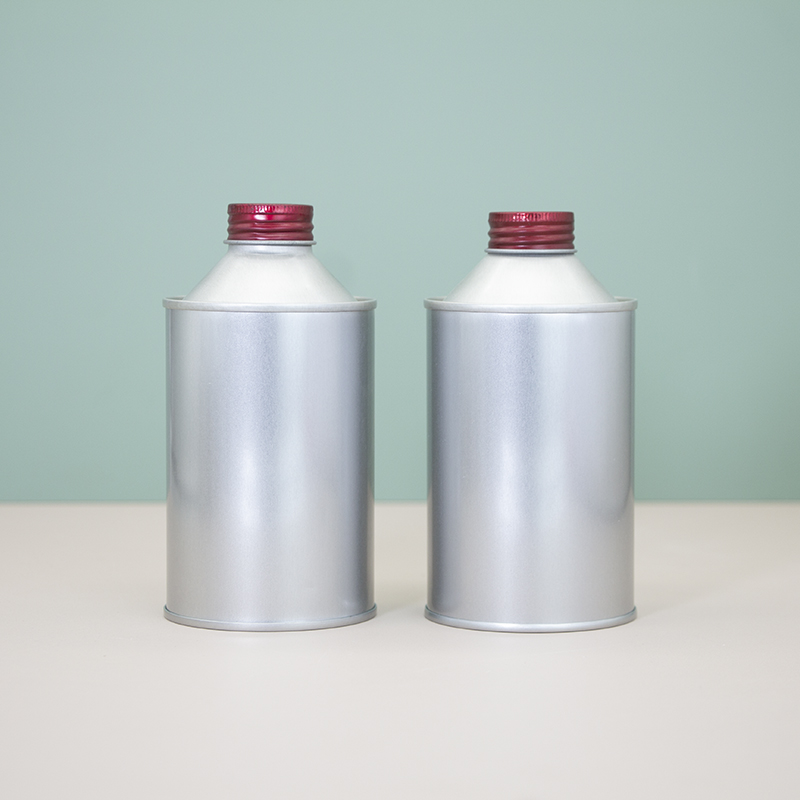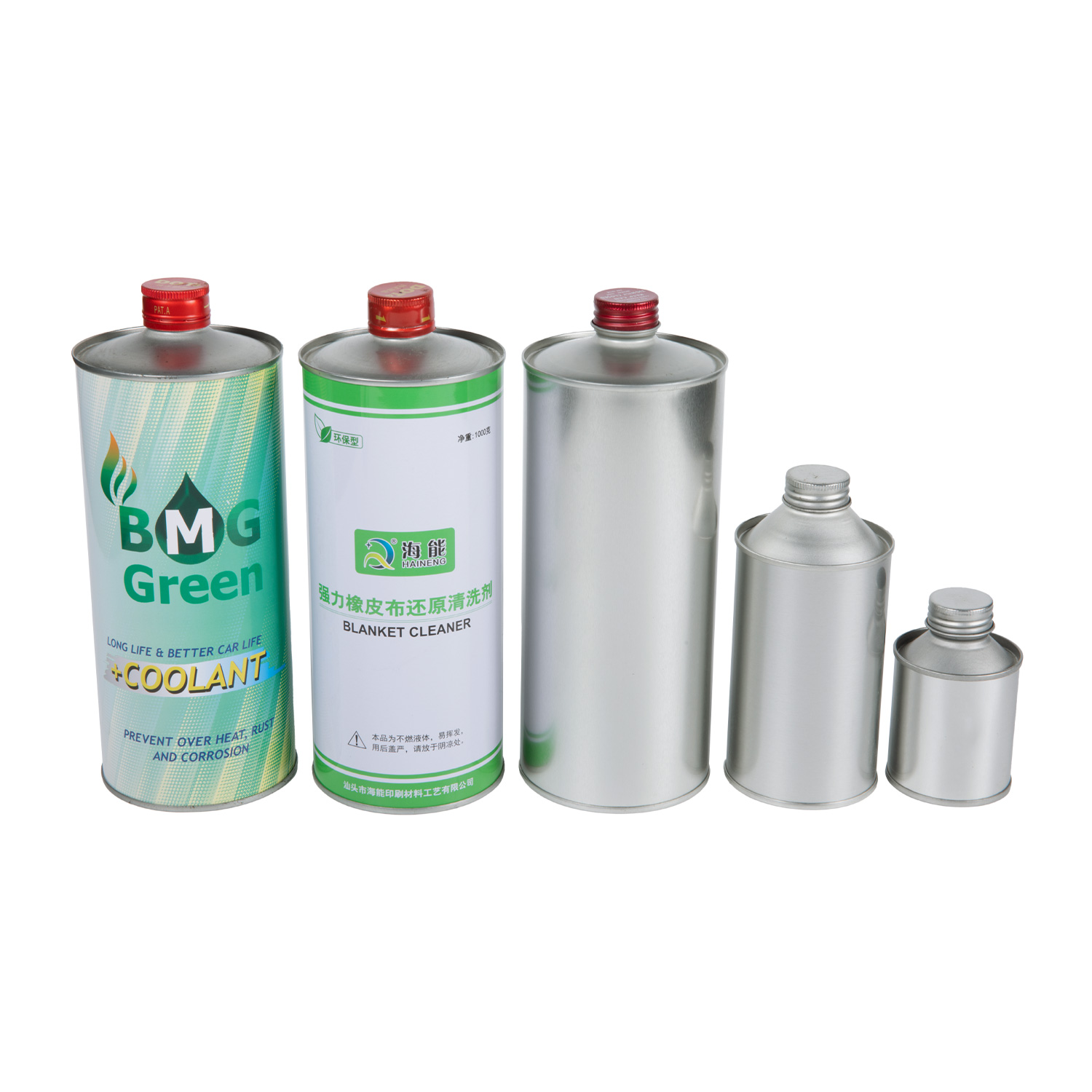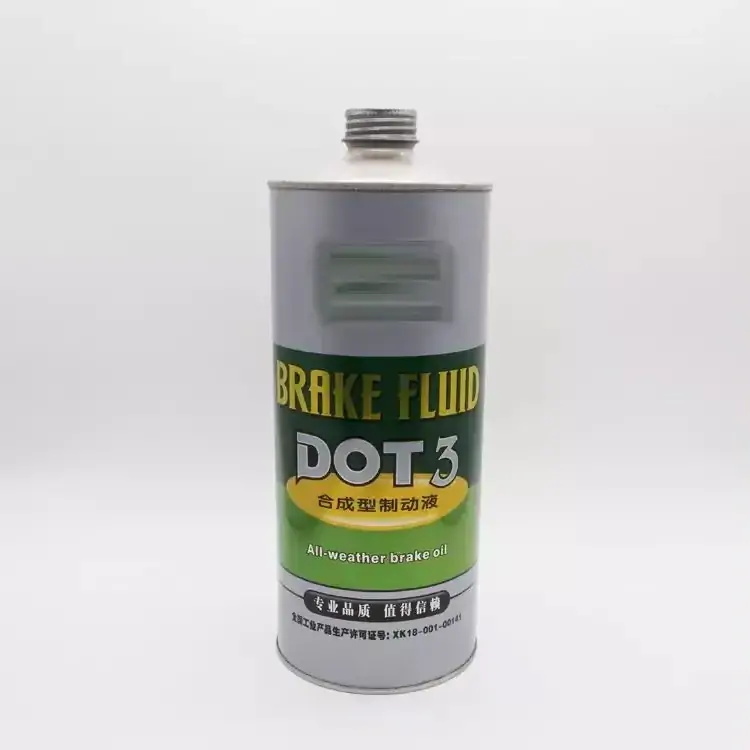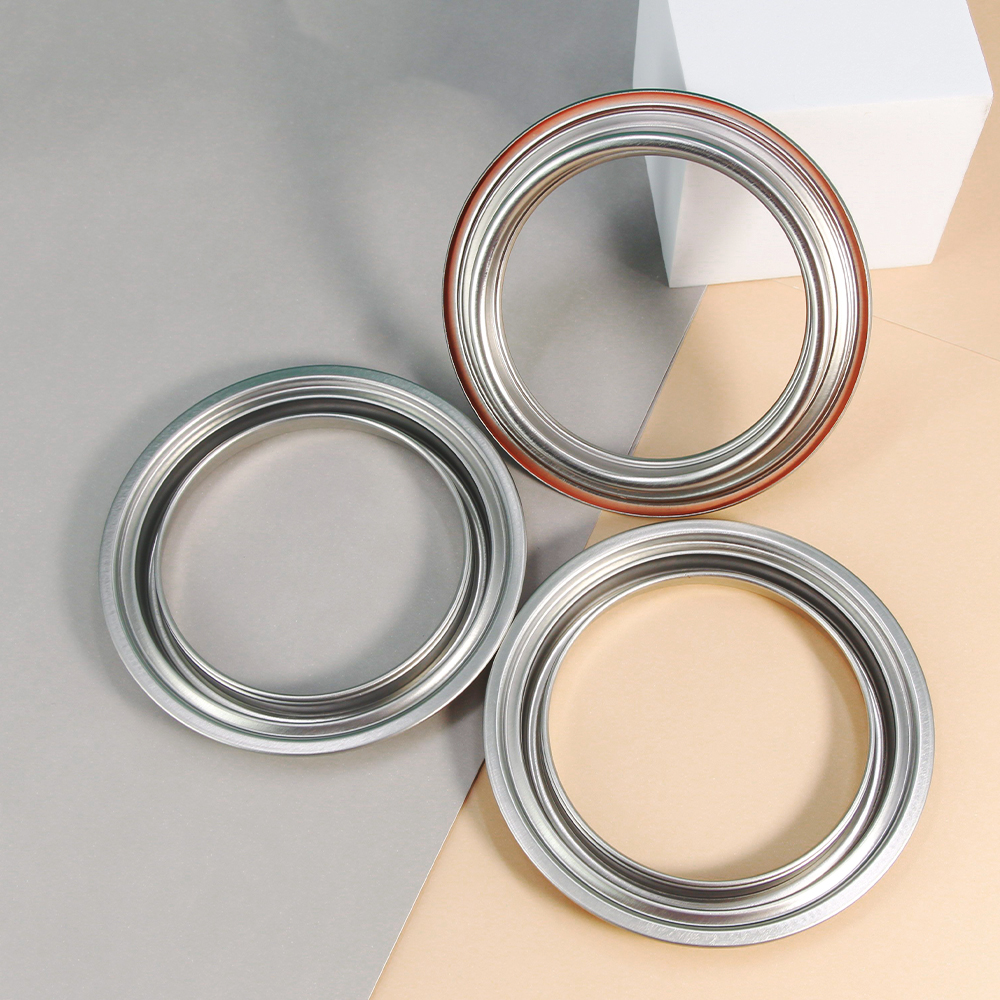







Chia sẻ sản phẩm này
Q.: Why is tinplate the best material for brake fluid packaging?
MỘT: tấm thiếc (tin-coated steel) offers:
Extreme Corrosion Resistance: Withstands highly corrosive glycol-based (Chấm 3, 4, 5.1) and silicone-based (Chấm 5) fluids.
Zero Permeability: Blocks moisture, ôxy, and UV light to maintain fluid dryness (<0.5% water content) and prevent vapor transmission.
Độ cứng: Protects against denting/rupture during transport, ensuring seal integrity.
Q.: How do you prevent moisture absorption and leakage?
MỘT: Our cans feature:
Epoxy-Phenolic Interior Lacquer: Food-grade barrier coating to isolate fluid from metal.
Hermetic Sealing: Double-seamed base + nitrogen-flushed crimping under inert gas.
Triple-Seal Caps: Threaded closures with EPDM/FKM gaskets + foil induction liner for 100% moisture/leak proofing.
Q.: Are your cans compliant with automotive safety standards?
MỘT: Tuyệt đối. We meet:
FMVSS 116 (Chấm 3/4/5.1/5): Material compatibility validated via SAE J1703/J1704 testing.
ISO 4925: Packaging requirements for non-petroleum brake fluids.
UN 1A2 Certification: Passed drop, stack, and pressure tests for hazardous liquid transport.
Q.: How do you prevent metal ion contamination in silicone-based (Chấm 5) fluids?
MỘT: Critical for performance! We use:
Passivated tinplate with chromium oxide layer
Fluoropolymer interior coating (VÍ DỤ., PTFE-modified epoxy)
Rinse testing per ASTM D1118 (copper strip corrosion ≤1b)
Q.: Are cans compatible with low-viscosity EV brake fluids (VÍ DỤ., Chấm 5.1 ESP)?
MỘT: Đúng. Optimized for high-performance fluids:
Zero silicone migration from seals (per ISO 4925 Annex E)
Passes -40°C to 150°C thermal shock cycling
≤0.02% evaporation loss (SAE J1703)
*Mọi thông tin của bạn đều được tôn trọng & được bảo vệ.